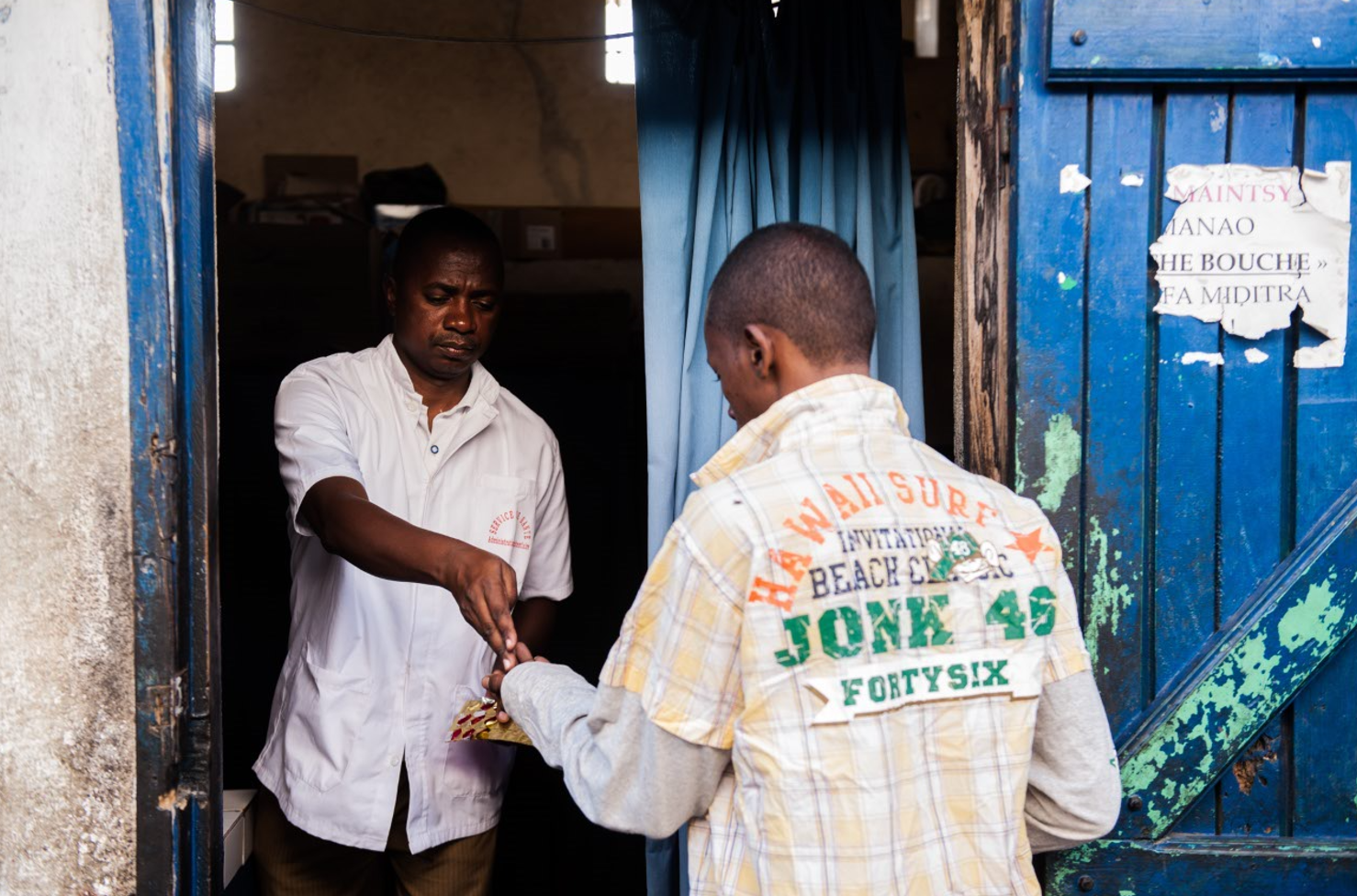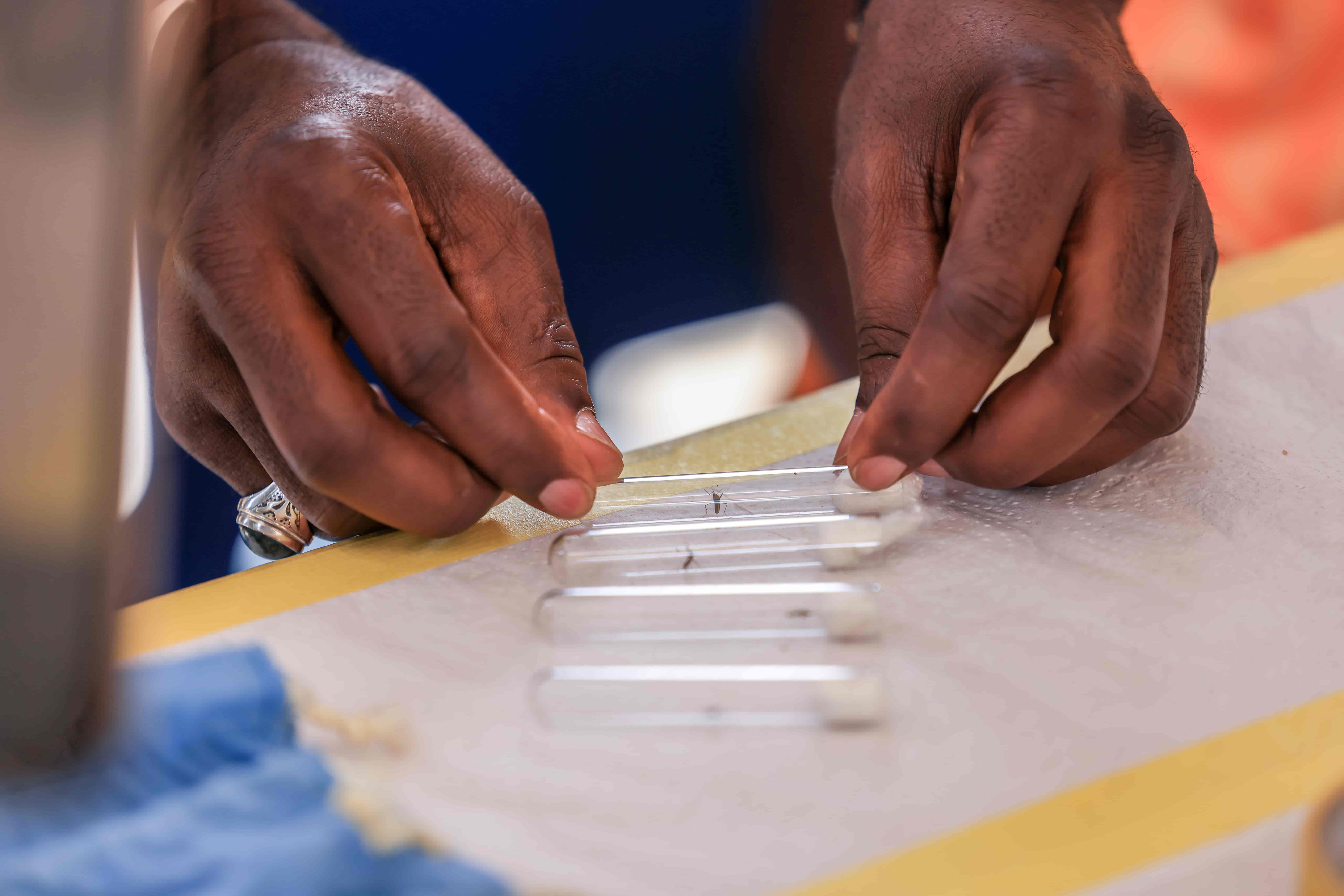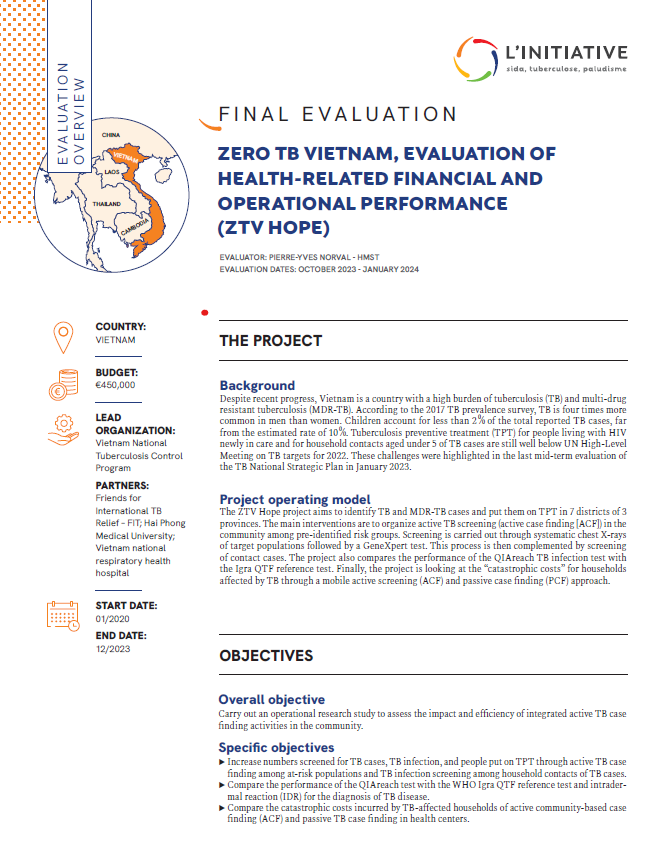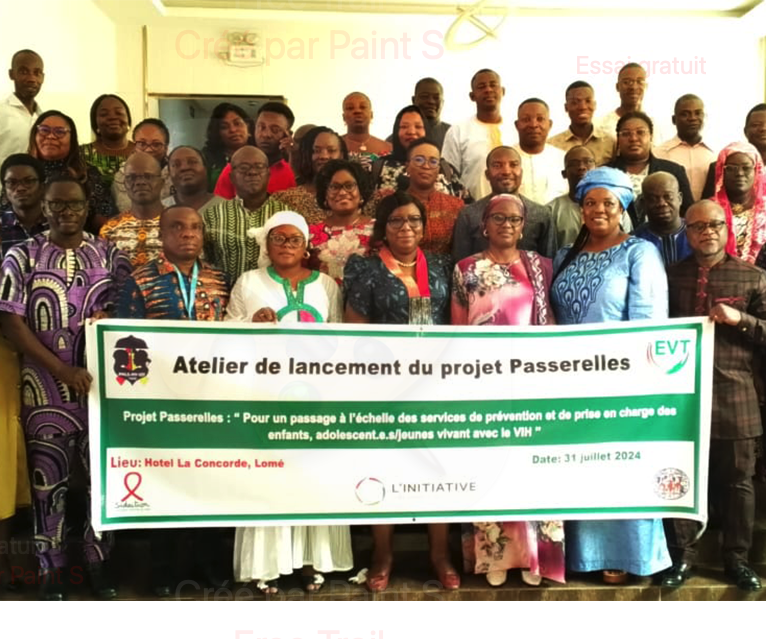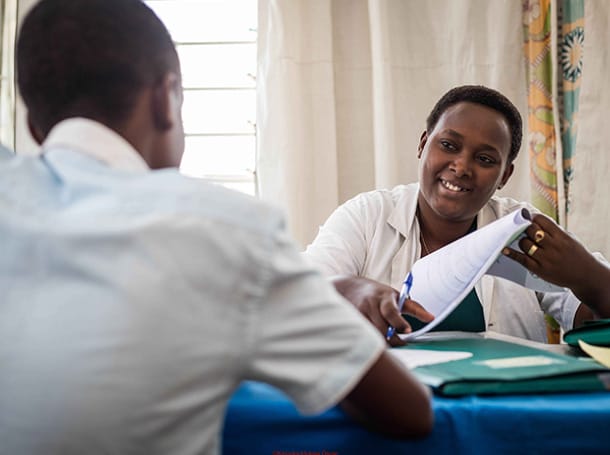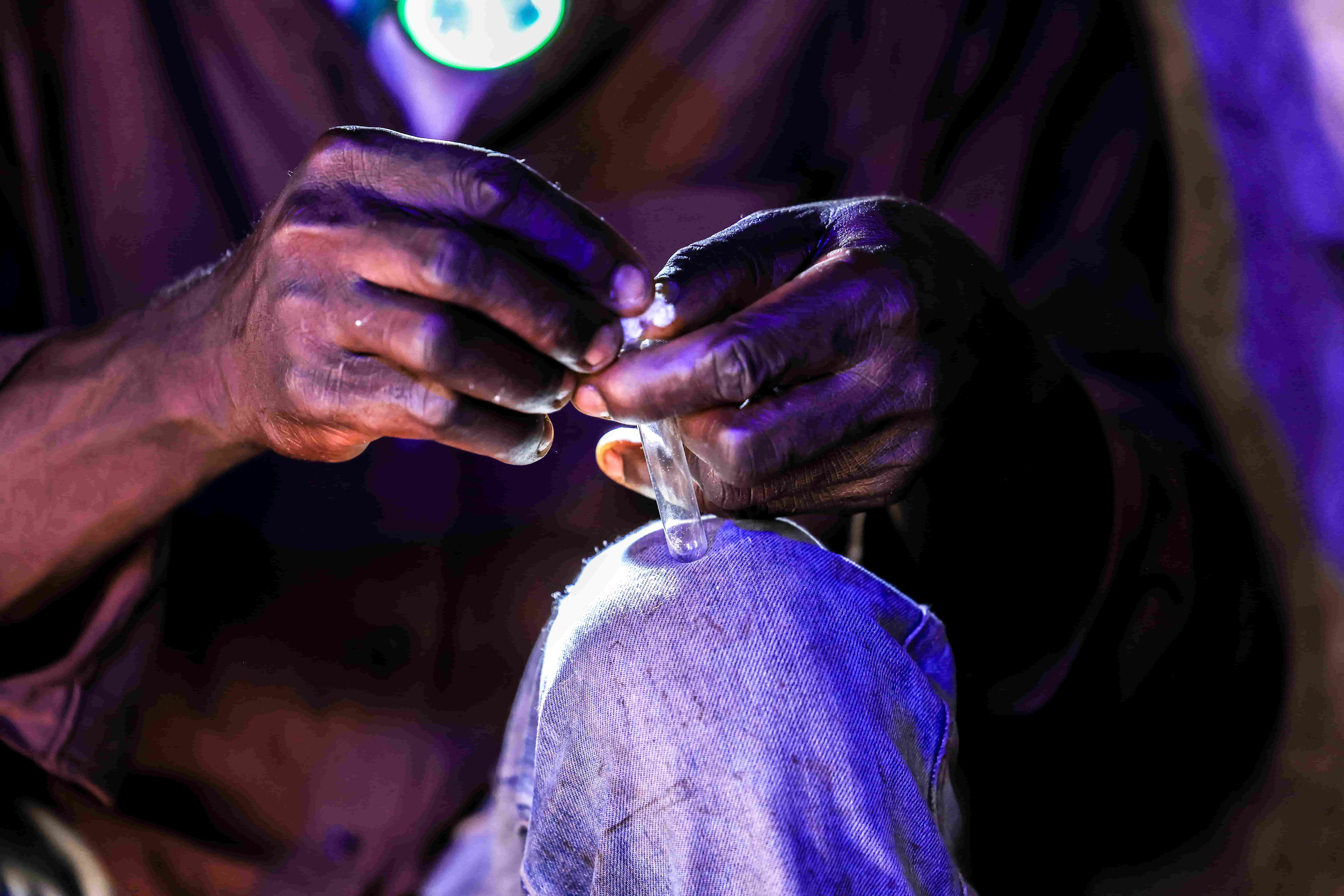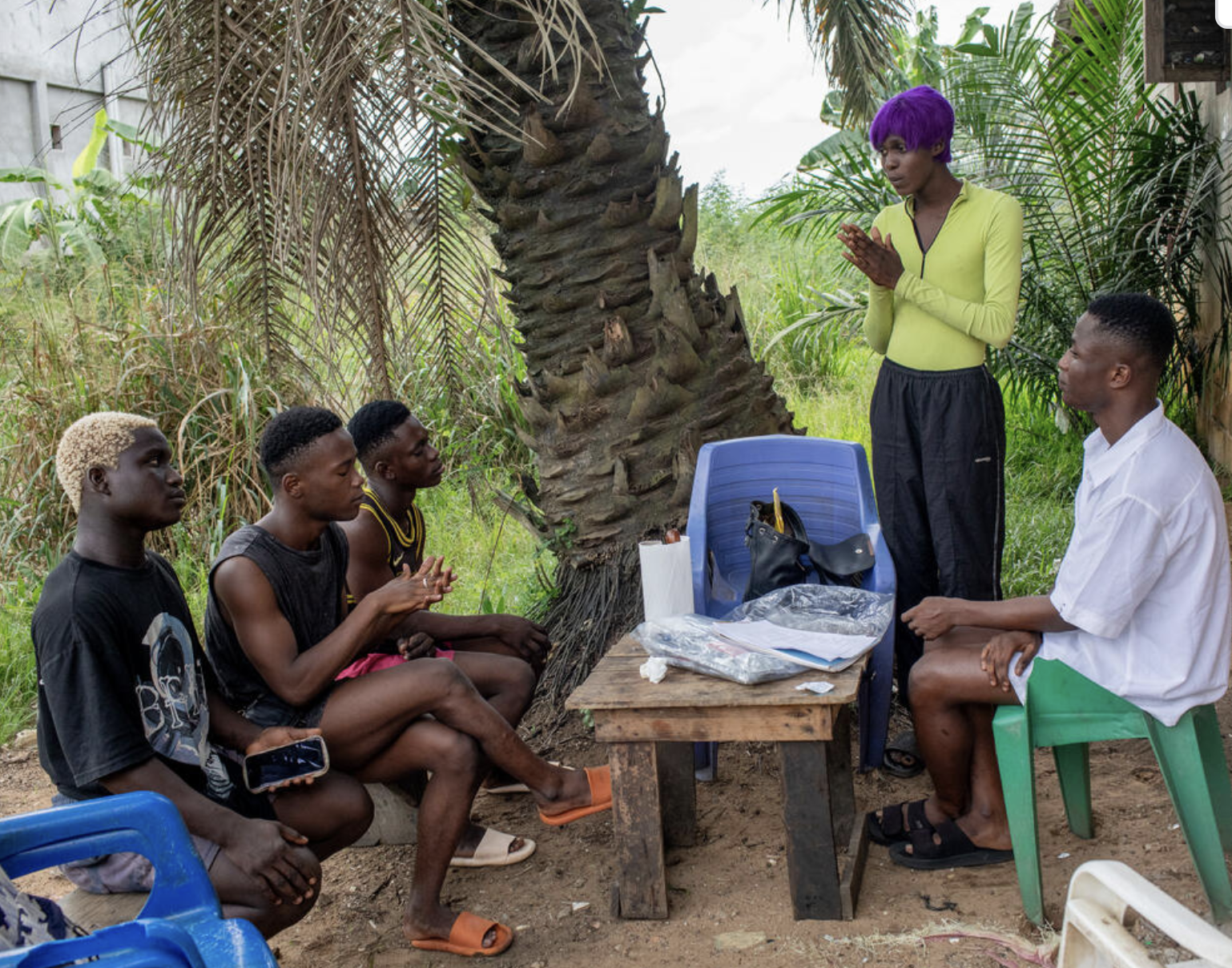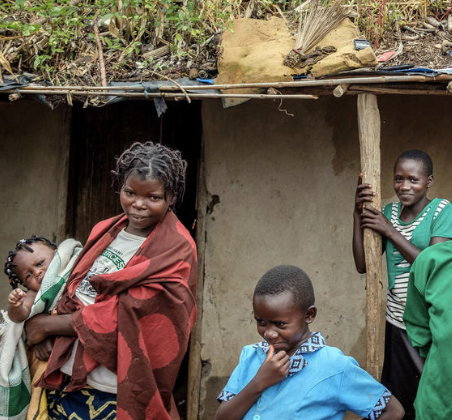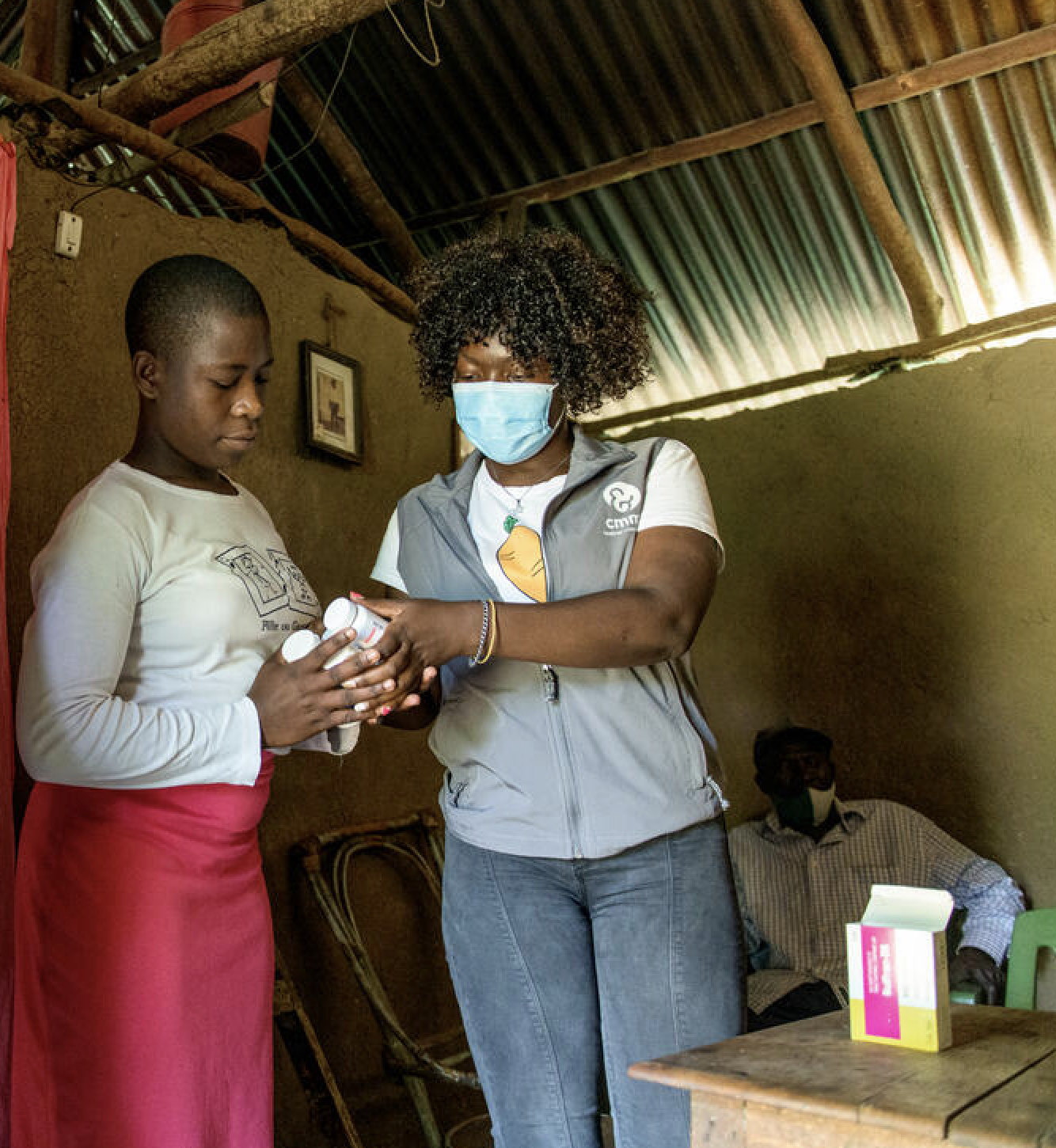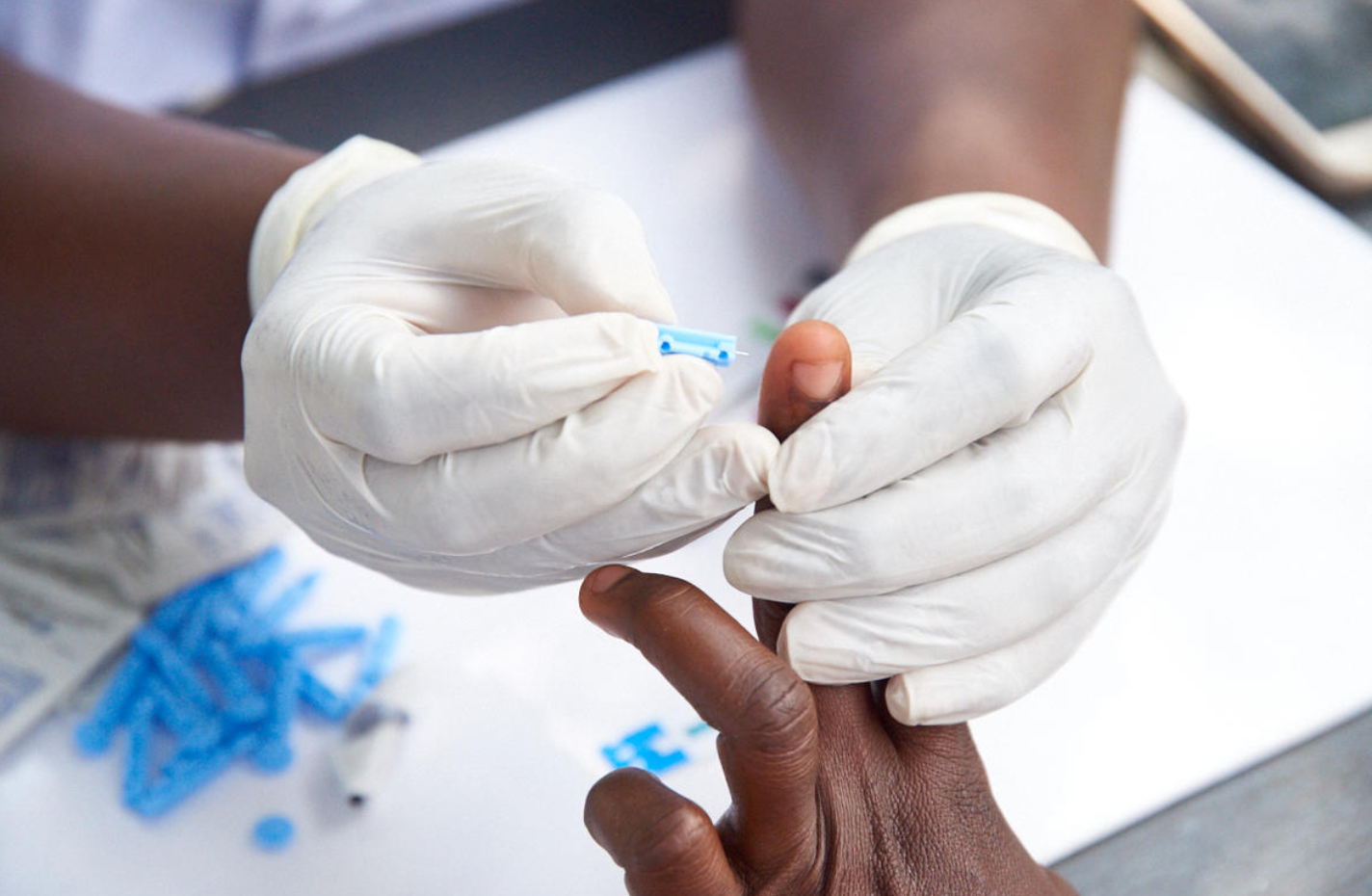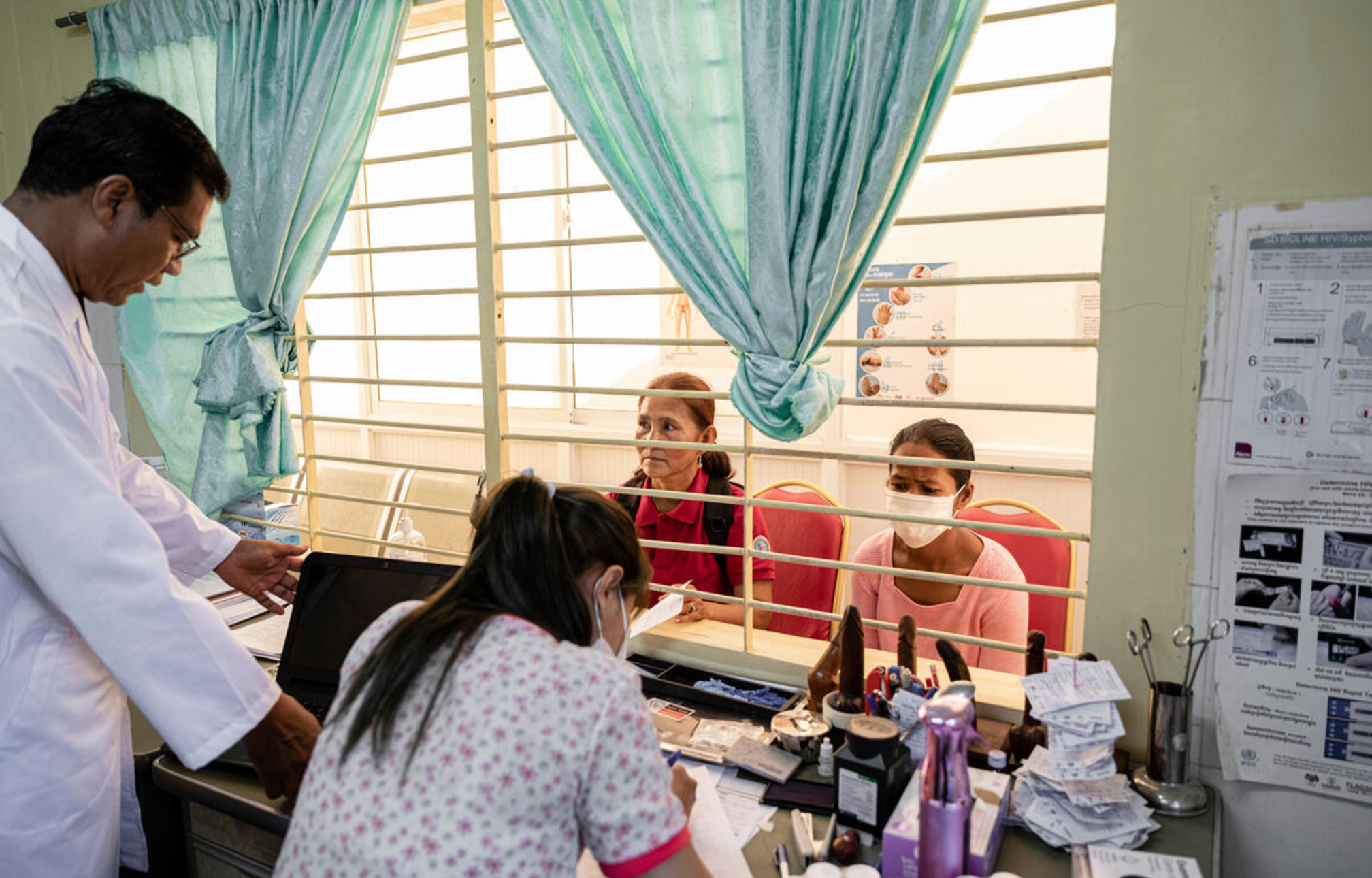The MIARINA project aims to improve overall tuberculosis and HIV/AIDS management in prisons in Madagascar.
Tuberculosis: improving the intra and post-carceral care pathway in Madagascar
Access to health care for prisoners is hampered by a number of challenges. Led by the Pasteur Institute of Madagascar, the MIARINA project aims to improve overall tuberculosis and HIV/AIDS management in prisons in Madagascar.
In Madagascar, L’Initiative is supporting a project to improve access to screening and care for inmates. Led by the Pasteur Institute of Madagascar, the MIARINA project aims to improve intra and post-carceral care. “The objective is first to support the actors and existing care pathways in overall tuberculosis and HIV management by targeting inmates, their families, and prison staff,” explains Élodie Chevallier, project coordinator at the Institute.
Improving tuberculosis detection and management
Launched in October 2019 for a four-year period, MIARINA is deployed in four prisons in the country in Antanimora (Antananarivo), Mahajunga, Manakara, and Toamasina. It focuses on three areas: research, led by the Pasteur Institute of Madagascar; medical support, implemented by the Episcopal Commission for Pastoral Care in the Health Sector/Catholic Prison Chaplaincy; and psychosocial support and economic reintegration, with the backing of Humanity & Inclusion and Positive Planet International. “The objective of our research at the Pasteur Institute of Madagascar is to produce scientific data to gain a better understanding of the prison environment and improve awareness and management strategies,” details Élodie Chevallier.
Understand, prevent, and care in prison
An initial anthropological study was conducted between 2021 and 2022 to analyze the care pathways of inmates with tuberculosis and/or living with HIV/AIDS. Around 100 individual and group interviews were conducted with inmates, prison health staff, and prison officers. These interviews highlighted the key role of fellow inmates in bridging the gap between inmates and the infirmary. To follow up on the study and to formalize this role, 240 co-inmates and 33 health workers were trained in basic health care and first aid in August and September 2022.
As well as a cross-sectional study of the prevalence of tuberculosis and HIV conducted among a representative sample of 4,000 inmates, an operational research study is being conducted at the Antanimora central prison. For Élodie Chevallier, “the objective of this cohort study is to estimate the risk of transmission of tuberculosis and HIV, and the risk of these diseases progressing during the first few years of incarceration.” The study monitors people who had already developed tuberculosis or latent tuberculosis on arrival in prison and those who developed latent tuberculosis during their first year of detention. All were treated by the central prison’s diagnosis and treatment center.
A long-term improvement in prison conditions
The medical support included tuberculosis and HIV awareness and screening activities in all four institutions. As a result, some 6,983 inmates were screened between 2019 and 2022. The Episcopal Commission for Pastoral Care in the Health Sector/Catholic Prison Chaplaincy has also trained nurses and inmates involved in health care in tuberculosis and HIV management, including sputum collection and transfer of samples to testing centers. In addition, Humanity & Inclusion has undertaken activities to prevent psychosocial distress, including workshops to welcome newly incarcerated people, sports and socio-educational activities, and a complaints procedure. The project also includes training for future prison officers in rehabilitation matters.
Finally, Positive Planet International provides economic support and organizes intra and extramural follow-up. This involves setting up income-generating activities, such as hairdressing, soap and breeze-block-making, and chicken farming. “A year after the end of the project, the results are very encouraging,” says Élodie Chevallier. “We hope that these activities will be rolled out in all of Madagascar’s prisons. Our actions will only be effective over the long term if they help to create the conditions for long-term management.”
